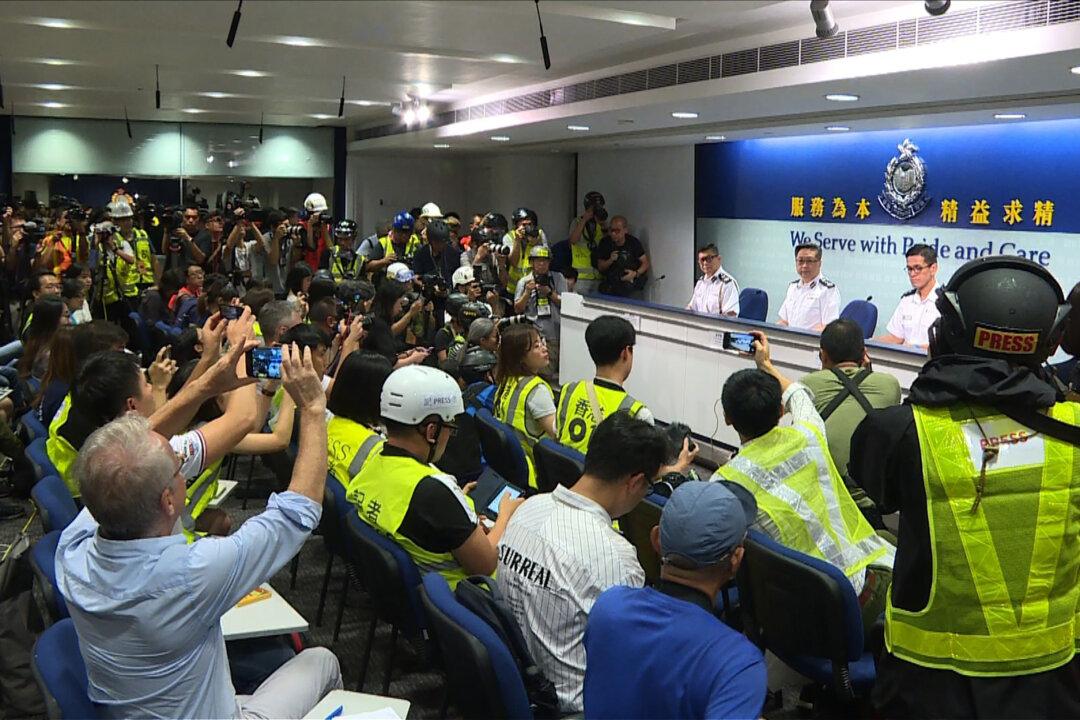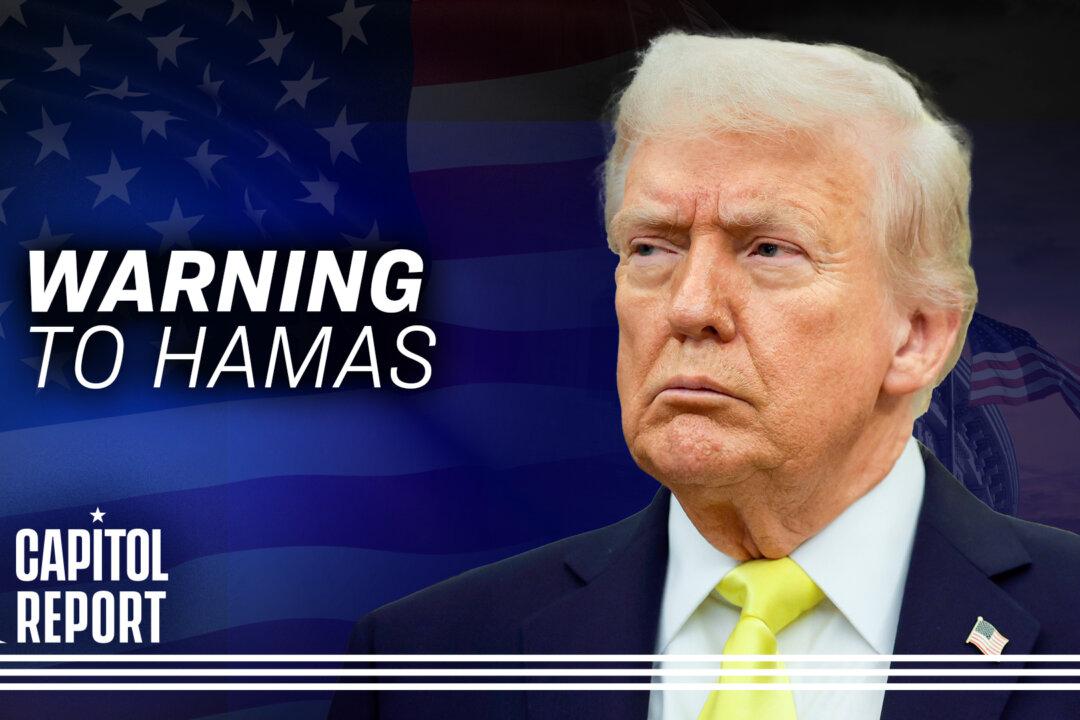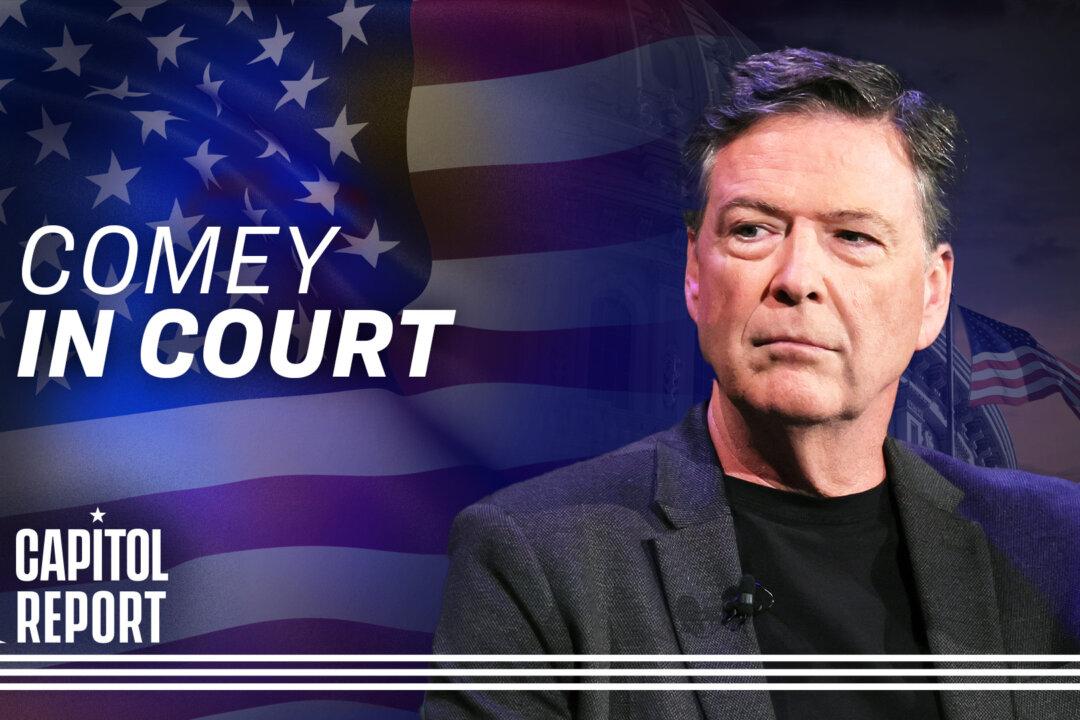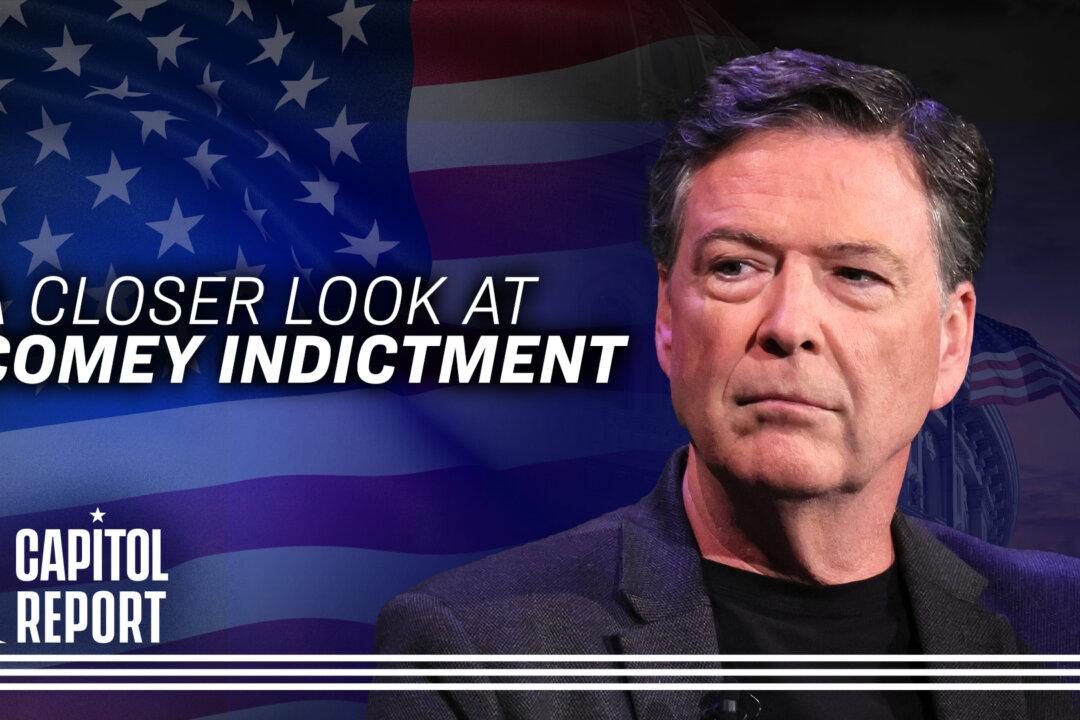Hong Kong journalists are facing new challenges as the city’s press freedoms have been hit hard by an unprecedented level of interference from Beijing, according to a report by the Hong Kong Journalists Association (HKJA).
The past 12 months have been one of Hong Kong’s “worst years” in terms of freedom of press and expression since the city reverted from British to Chinese rule in 1997, the HKJA said in its annual report released on July 7. It highlighted as a particularly egregious example recent police attacks against journalists while covering anti-extradition bill protests.





